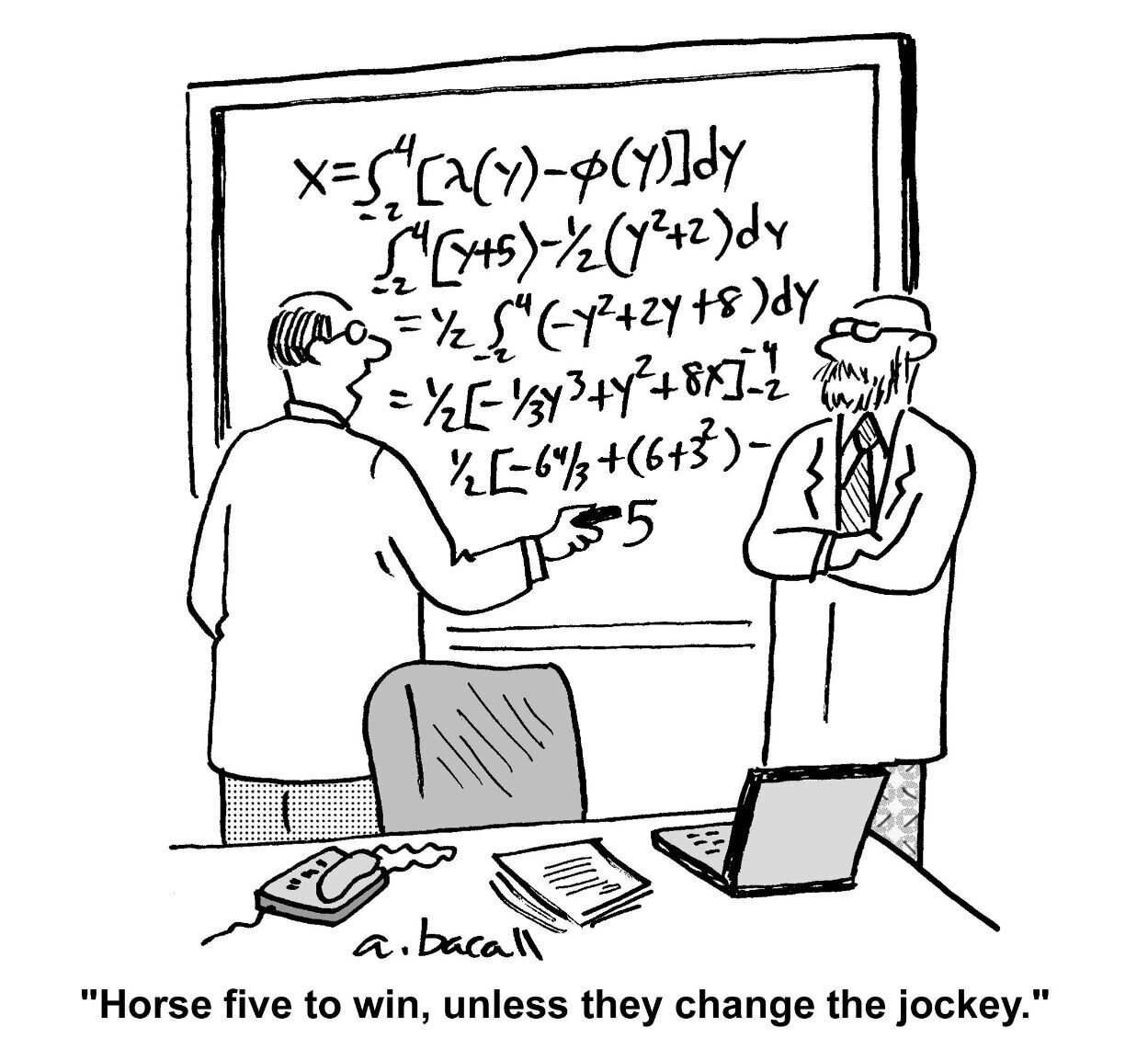Winning Isn’t the Goal—Getting the Case Settled Is
/How Florida lawyers can enlist the mediator to help clients move past the need to win and toward a plausible settlement
A Mediator’s Perspective: Helping Clients Move from Winning to Resolving
As a mediator, I see it every week—smart, well-prepared lawyers stymied by one hard reality: a client who needs to win, not settle. This comes up in commercial cases, real estate disputes, partnership breakups, personal injury, and high-stakes litigation of every kind. It’s not about sophistication. It’s human nature.
From a mediator’s perspective, I can tell you this: when a client is locked into winning, the lawyer should not try to break through that wall alone. That’s where I can help.
“When a client defines success as winning, compromise feels like failure—until someone reframes the goal.”
What ‘Winning’ Really Means
In my long experience, winning is rarely about the dollars alone. More often it’s about validation, control, or the need to be proven right—especially after a business deal goes sideways or trust is broken. Clients, whether transactional or litigation-focused, often arrive at mediation carrying months or years of frustration. If that emotional investment isn’t acknowledged, no amount of legal analysis will move the needle.
This is where a mediator’s neutrality/impartiality matters. I don’t represent either side, I don’t advocate for a particular outcome, and I don’t have a stake in whether the case settles or continues. Just as importantly, I respect the lawyer’s role as a committed advocate and see my role as complementary—not competitive—to counsel’s advice and strategy. That trust and alignment allow me to ask questions and offer observations that may land differently than when they come from counsel, without undermining the lawyer’s advocacy or the client’s confidence in it.
How Lawyers Can Enlist the Mediator
The most effective mediations start with a quiet, candid conversation before the session begins. Tell me where your client is stuck. Tell me what arguments cause them to dig in. Tell me whether they equate compromise with weakness. That context allows me to tailor my approach—to reality-test without alienating, and to challenge assumptions without triggering defensiveness.
During caucus, I can explore questions lawyers often hesitate to ask directly: What does winning look like a year from now? What is the cost—financial and personal—of being right? What certainty is worth compared to the risk of leaving the outcome in the hands of a judge or jury, or the vagaries of the marketplace?
Redefining Success
One of my core jobs is reframing success. Success may mean certainty, speed, confidentiality, preserving a business relationship, or simply getting control back from the court system. When clients begin to see settlement as an active business or legal decision—not surrender—the conversation changes.
For transactional lawyers, this often resonates when framed as risk management. For litigators, it may land as jury unpredictability, appellate delay, or the risk of collectability. Same concept, different language.
Coordinated Messaging Matters
The most productive mediations happen when the lawyer and mediator are aligned. When clients hear consistent themes—from their advocate and from a neutral—they feel guided rather than pressured. My role is not to replace counsel’s advice, but to reinforce it from a different seat at the table.
At the end of the day, mediation works best when clients feel heard and respected—and then gently challenged. If you’re facing a client who needs to win, don’t view that as an obstacle. View it as a signal to bring the mediator fully into the process. That’s often where resolution begins.





















